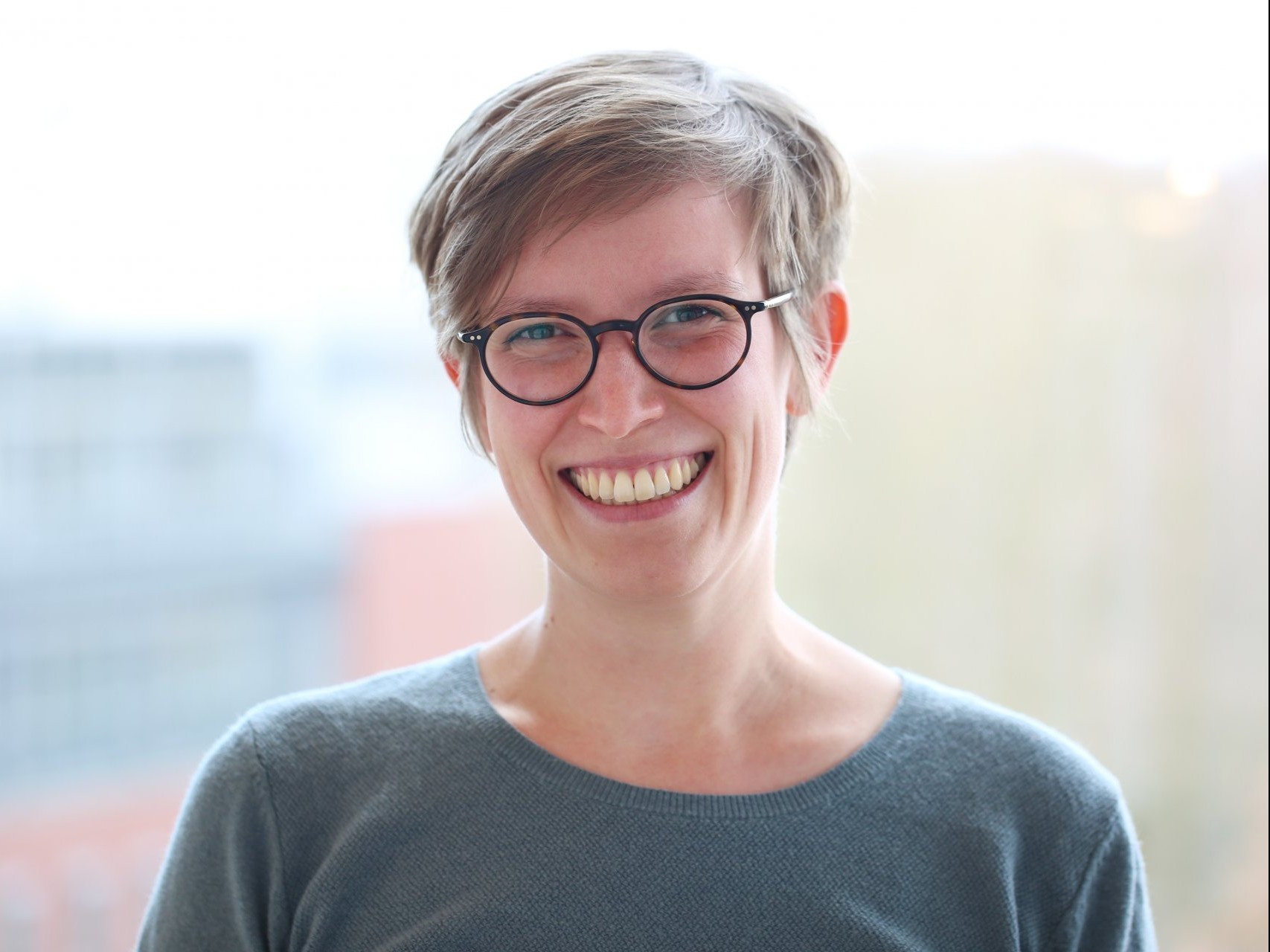- Press Office
- Press releases 2020
- Katharina Kitzinger receives the Reimar Lüst Fellowship
Katharina Kitzinger receives the Reimar Lüst Fellowship
In her doctoral thesis Kitzinger succeeded in finding answers to longstanding mysteries in a key process of the nitrogen cycle, the process of nitrification. Before Kitzinger’s research, it was unclear, how ammonia oxidizing archaea can be one of the most abundant microorganisms on the planet – even though are dependent on ammonium, which is largely absent in the environment. Kitzinger has shown that these archaea can also use organic nitrogen compounds instead of ammonium, which ubiquitously occur in the environment.
Furthermore, she investigated how the oxidation of marine ammonium and nitrite can be balanced although ammonia oxidizing archaea are much more abundant than nitrite oxidizers. Her results show that the nitrite oxidizers, although they are growing faster, have a higher mortality rate. That’s why they are less abundant than their counterpart, the ammonia oxidizing archaea. For her outstanding research, Kitzinger has received the MARUM Research Award and the Briese Award for Marine Research.
In the next two years, the young scientist will continue her research on nitrification and the use of organic nitrogen compounds by nitrifiers. In addition, she will focus on so-called marine dead zones, areas where oxygen does not occur or is present only in very small quantities. In connection with increasing riverine nutrient input into the oceans, these dead zones are growing. On a single-cell level, Kitzinger will investigate whether anammox bacteria, which oxidize ammonium to atmospheric nitrogen under anaerobic conditions, can also use organic nitrogen compounds as an energy source in these dead zones.
About the fellowship
The Reimar-Lüst Fellowship is awarded annually to young scientists as a special support for to their outstanding research. It is financed by a foundation created in 1983 to mark the 60th birthday of Reimar Lüst, a former president of the Max-Planck-Gesellschaft. The foundation‘s endowment consists of donations from German companies.
More Information:
Here you can find more information on her research:
"Mystery of marine recycling squad solved"
"Small but versatile; key players in the marine nitrogen cycle can utilize cyanate and urea"

About Katharina Kitzinger:
Katharina Kitzinger (born in 1989) already examined questions about the physiology of nitrifers during her bachelor’s and master’s degree at the University of Vienna (2009 – 2015). For her doctoral thesis, Kitzinger studied nitrification in the ocean and worked mainly in Bremen. She did her thesis at the Max Planck Institute (MPI) for Marine Microbiology (2015 – 2019), in cooperation with the faculty Geosciences at the University Bremen and the Centre for Microbiology and Environmental Systems Science, University of Vienna.
Title of her thesis: „In Situ Growth and Organic Nitrogen Utilization by the Main Nitrifiers in the Ocean“
Grade: 1 „summa cum laude“
Supervisors: Prof. Dr. Marcel Kuypers (Director of the MPI for Marine Microbiology and Professor for Biochemistry at the University Bremen), Prof. Dr. Michael Wagner (Director of the Centre for Microbiology and Environmental Systems Science, University of Vienna)
Since September 2019, Katharina Kitzinger works as a Post-Doc in the Department of Biochemistry at the MPI Bremen.